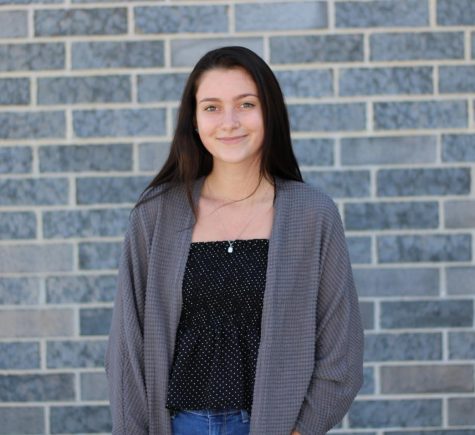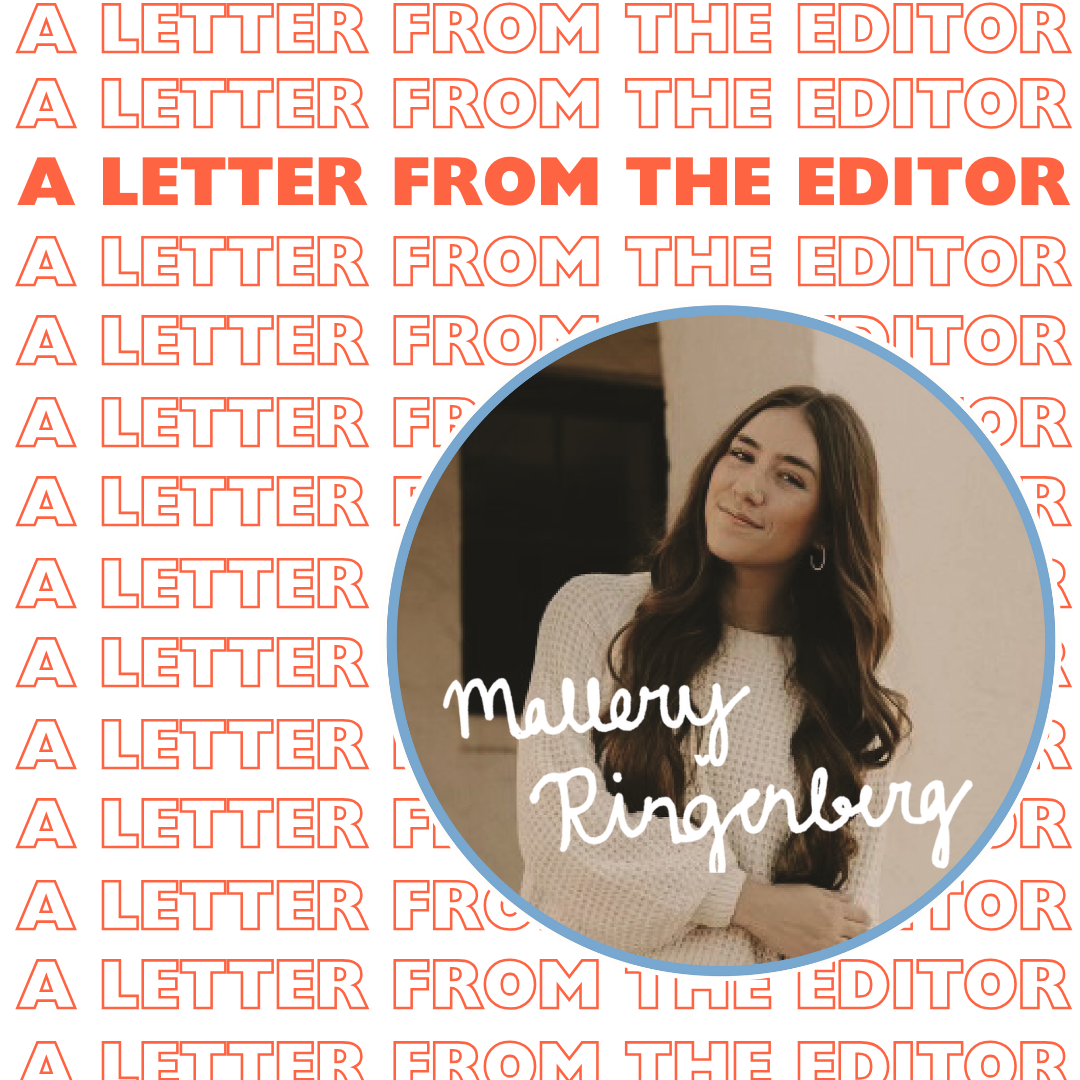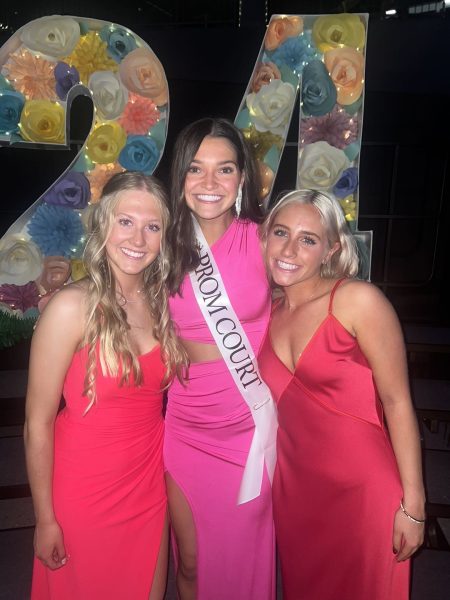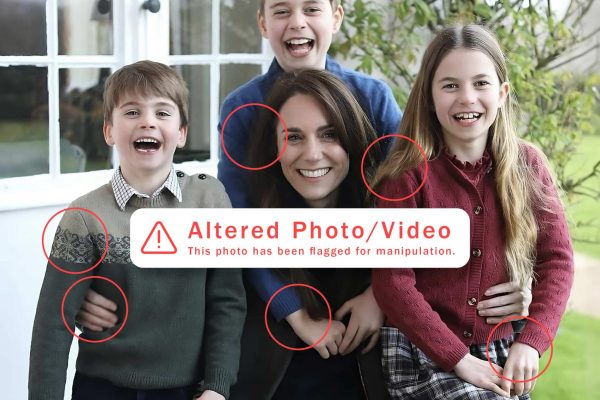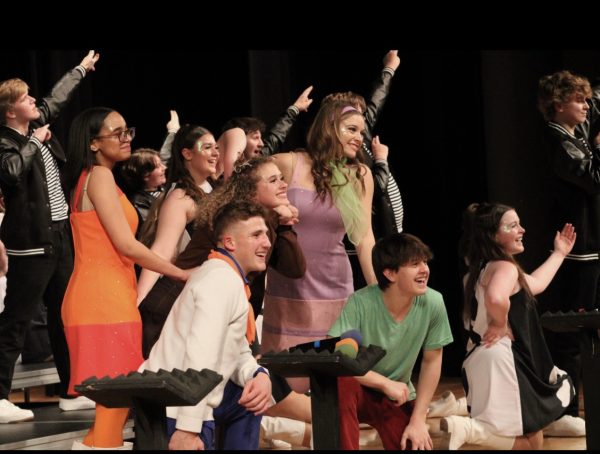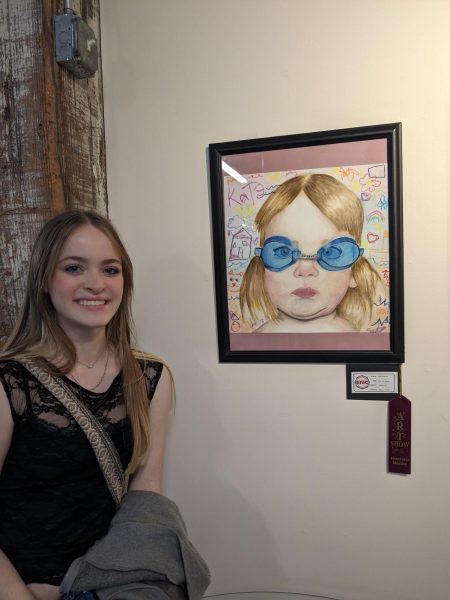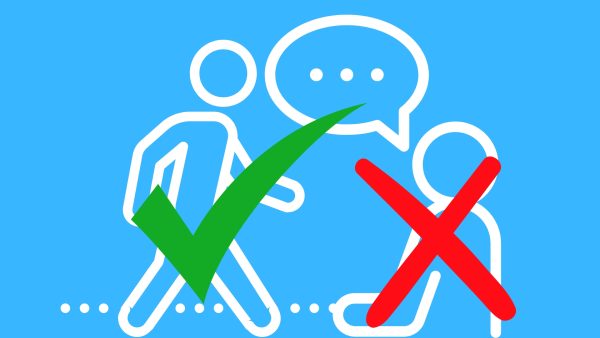Let’s Chat: Cancel Culture
The effects of cancel culture and those that are targeted

Photo by West Virginia University Marketing Communications
Social media apps most commonly used for cancel culture
October 27, 2020
Cancel culture has been taking the social media world by storm recently and effecting some of the most well known celebrities.
Cancel culture refers to the popular practice of withdrawing support for public figures and companies after they have done or said something considered objectionable or offensive. It is most commonly done on social media.
The toxic trend started up around 2017 when people started to publicly state they were no longer supporting a celebrity because of their behavior and problematic actions. The latest celebrities who have been affected by cancel culture are Ellen DeGenres and J.K. Rowling.
DeGenres and Rowling started trending on Twitter with the hashtag #(Person who’s getting cancelled)IsOverParty.One of the most recents celebrities happens to be Chris Pratt for his support for President Donald Trump. Many more celebrities have been targeted with the hashtag, making them go viral on social media.
As teens become more tech savvy, they seem to be getting more involved in speaking out on their platforms and interested in cancel culture. Haley Rohrig, a sophomore at ENHS, said, “I didn’t seek out cancel culture, but it seems that it is all over the internet. I like to stay informed over people who I follow and support content of. I follow a few “tea pages” on instagram to keep up with the latest news in the celebrity world.”
One of the most popular times that cancel culture blew up among teens, is the Tati Westbrook versus James Charles feud in 2019. Tati, a popular youtube make-up artist, decided to expose Charles after he supported a different gummy brand for Coachella instead of hers. The scandal aired Charles’ “dirty laundry” which caused him to lose 3 million followers.
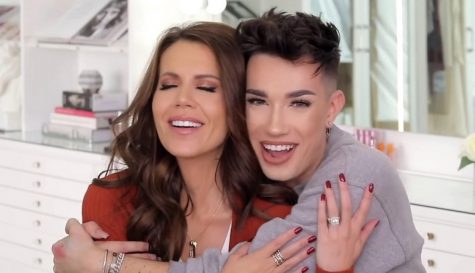
Charles has since gained back his following in the last year and recovered from the hit it had on his career. “He made mistakes in his past, that he has admitted to and apologized for, yet he is still under fire for it,” Chloe Mullinax, a junior at ENHS, said.
Although it has had some positive outcomes on bigger world issues like the #MeToo movement and the ongoing struggle to end racism, many of those agree that cancel culture is toxic and should be put to an end. Publicly shaming social media influencers and celebrities on small, trivial things could have some very negative effects on their lives.
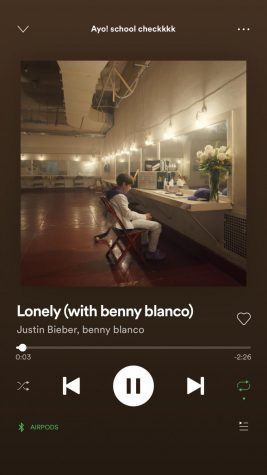
“I think it is very mentally exhausting to the celebs involved. Imagine if something you did in the past kept being brought up and threatened your life and career,” Rohrig said.
Justin Bieber has been under fire his whole career and has recently released a song called ‘Lonely’ about the criticism he has faced since a young age. Even though he has continuously apologized for his behavior as a child, he doesn’t get to catch a break from the hate. His song allows people to really see the impact it has on these celebrities and allows for them to feel remorseful for their actions.
Some things celebrities and influencers are getting cancelled for are just rumors. “I think people need to not jump to conclusions, find the facts, and hear both sides before making a major choice on whether to “cancel” them or not,” Mullinax said. We need to take into consideration that these people we’re cancelling are humans too and make mistakes sometimes.
Bringing an end to cancel culture would be better for everyone. It would relieve stress for celebrities and not get everyone worked up about a small mishap. Without cancel culture, social media wouldn’t be as toxic and detrimental.

